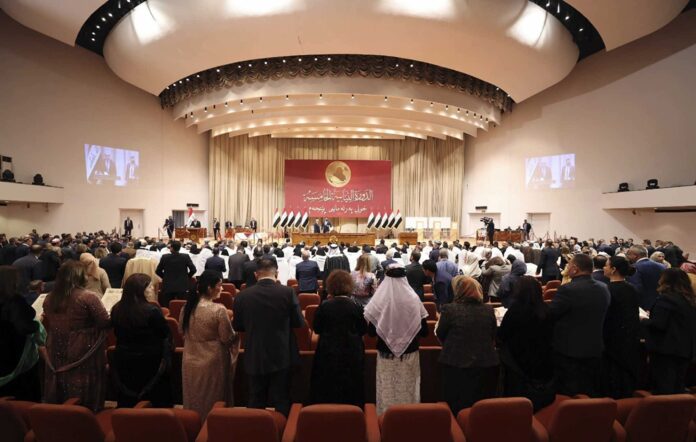Hiyam Ali Al-Marhej- Al Bayan center for studies and planning
Introduction
With Minorities obtaining relative rights in the post-2003 system through (quota) at the federal level and the Kurdistan Region, The Federal Parliament consists of (328) seats, distributed in the form of (320) seats for Muslims, and five seats for Christians, one seat each for Yazidis, Mandaeans, and Shabks, while the Kurdistan regional parliament includes 111 seats distributed over about 100 seats for the Kurds, and five seats for Syriac Chaldeans and Assyrians, and one seat for Armenians. However, as minority representatives believed, this was not enough to truly represent them within decision-making institutions, the issue of discrimination and marginalization continued to haunt minorities, while the successive governments remained less than the level of ambition, as minorities were subjected to all kinds of violence, the latest of which was the entry of terrorist ISIS into their areas, which was reflected in the awareness of minorities of the importance of expressing themselves by participating in the policy-making process and decisions at different levels within the political system.
In light of the control of major currents over all links of the state, minorities in Iraq feel unable to compete within the current political environment, which weakened the participation of minorities in the institutions of the regime and reduced their chances of obtaining senior positions in the state without relying on the quota share, minorities also believe that the access of their representatives to some positions and gains through quotas is nothing more than symbolic and ineffective.
Yazidis
The Yazidi’s participation went through 3 phases: pre-2003, post-2003, and post-2014.
Before 2003, Yazidis did not have any kind of political participation, The one party was in control of all links of the state, but after 2003 or rather after 2005 after the formation of the government headed by (Iyad Allawi), the Yazidis had the position of Minister of State for Civil Society Affairs, which was obtained by Mr. (Mamo Farhan), the first minister, and the first position obtained by the Yazidis in the state, Three Yazidis arrived in parliament: Adel Nasser, Kamiran Khairi Bey, and Haidar Shasho, but they were among the Kurdish parties and not independents, as the Kurdish Democratic Party of Kurdistan and the Patriotic Union of Kurdistan played a major role in the arrival of the Yazidis and their obtaining political representation in parliament, Thus, the partisan Yazidis were closer to the party to which they belonged than to the Yazidi cause, as this representation had a negative impact because it gave the impression to Baghdad that the Yazidis were entrenched according to the Kurdish vision.
While those who used to reach the quota position had votes belonging to pure Yazidi parties representing the Yazidi vision, the Yazidis did not have representation at the ministerial level, in the second government of Nouri al-Maliki, Mr. (Dakhil Qasim Hassoun) obtained the position of minister for six months, then there was a rationalization of the ministries and his duties ended, and the Yazidis were not given any sovereign ministry, and even the ministries they obtained were given to them as Kurds belonging to one of the two Kurdish parties, and so far there is no minister or deputy Yazidi, or Yazidi ambassador, but general directors are only found in the Office of Endowments of Christians and other religions











